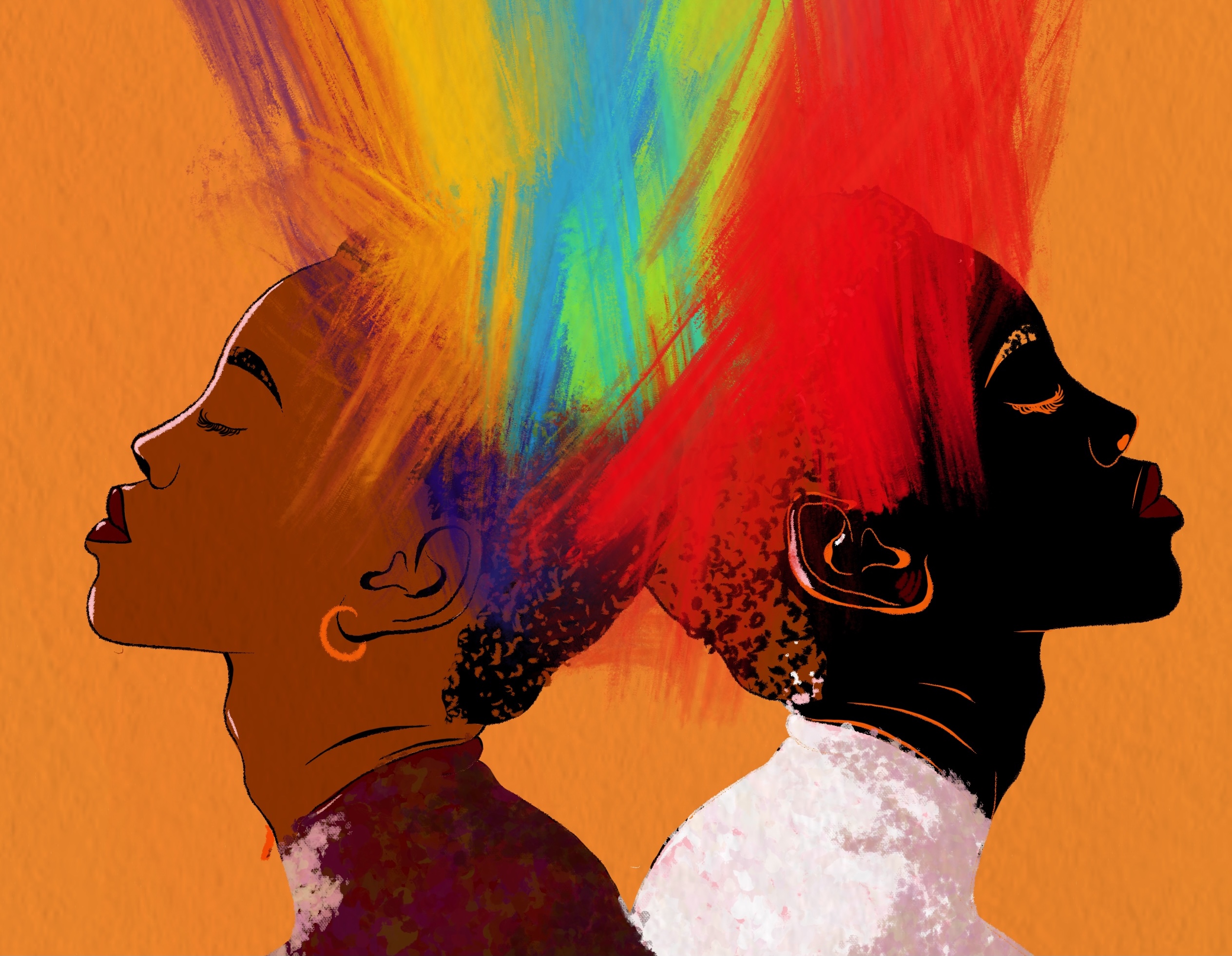Black History Month is a pivotal point in acknowledging Black heroes and shedding light on Black people’s current issues in today’s society. These barriers of oppression, systemic racism, and police brutality have taken a toll on the Black community’s mental health in such sensitive times.
It is essential to understand the historical pillar that leads to the rise in mental health issues within the Black community, the current post of injustices in society, and how it affects the Black community’s mental health. But also, it’s important to talk about ways to cope and thrive with the traumas society has placed within the Black community.
Mercy Rujuwa, an employment specialist for Peel Youth Village, sheds light on her expertise on systemic issues regarding mental health regarding Black teenagers. Psychotherapist Dr. Vidoll Regisford speaks to the historical mental barriers the Black community faces within society. Through these professionals we can understand some of the root causes of mental illness within the Black community and find ways to cope and overcome these issues through practical everyday methods.
There are plenty of barriers that hinder the psychological developments of the Black community. Historically speaking, slavery, colonization, and white supremacy are significant contributors to the generational impacts the Black community is faced with today.
Psychological colonialism is a term used to describe the negative characteristics a community has adopted due to colonialism. The feeling of cultural or ethnic inferiority comes to play when engaging in society. The problem is the Black community has been made to feel inhumane and marginalized based on their physical features.
“The historical traumas are still present with the second pillar of systemic problems, where the Black community does not feel valued in society for valid reasons,” says Regisford.
Mental health issues continue throughout generations and the foundational traumas have not been addressed. This leads to higher anxiety levels, depression, and lack of self-worth.
In the Canadian context, Black people have been marginalized throughout the entire process. According to Boston Consulting Group, in the school system, “Black students are 2.5 times more likely than white students to be streamed into non-academic ‘applied’ programs in Toronto, which affects everything from graduation rates to post-secondary prospects.”
They also reported that Black individuals make up a mere 1.8 per cent of educators in Canada, but 3.5 per cent of the country’s overall population. A lack of representation in the school system and understanding of the systemic barriers that are taking place can play a huge role in the misunderstandings that Black folks face.
The Black community is in a constant struggle to fight for equality. This fight puts a mental strain on the community; the time spent being in defence mode causes higher levels of stress and a taxing mental health.
Rujuwa explains that when Black patients come for help regarding their problems, they are not treated as white patients are, meaning with dignity and respect. This often results in poor diagnosis or removing them from the program in its entirety.
Mental illness in the Black community is consistently rising. They must have outlets and places where their voices are heard, without any premarital judgements or dismissals. The relationship between physical and mental health plays a vital link to alleviate stress or anxiety.
It is advocated that if you’re feeling overwhelmed to seek more natural remedies such as exercising, participating in a sport, or speaking to a therapist.


